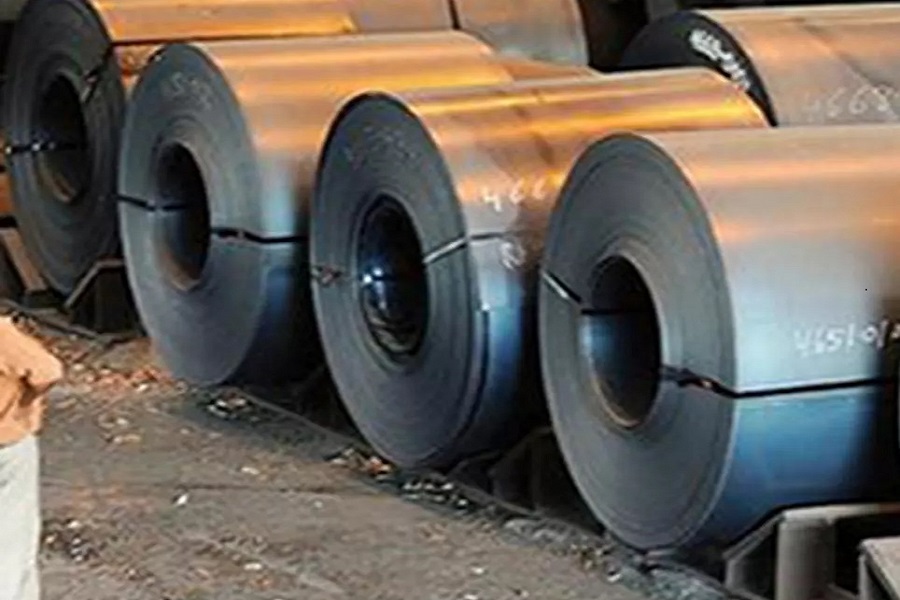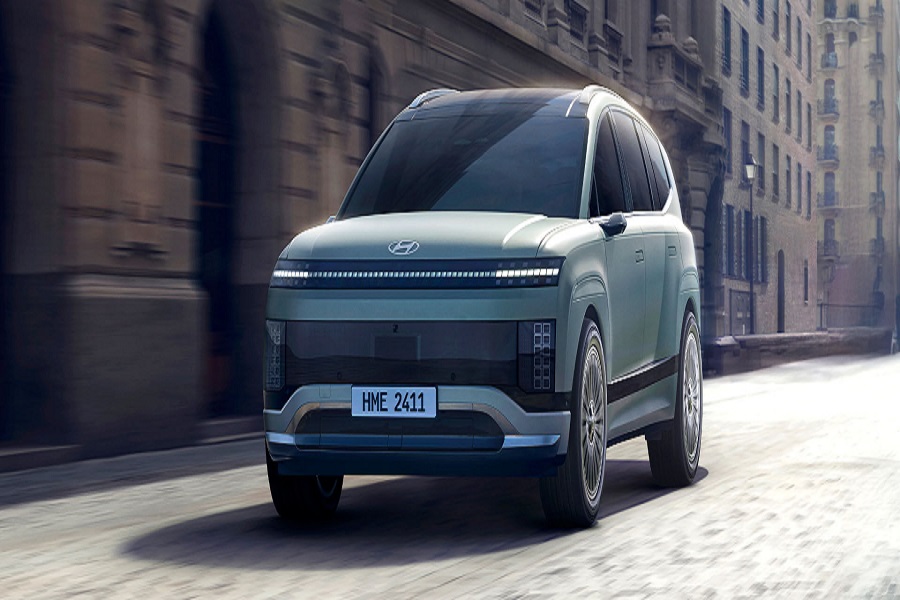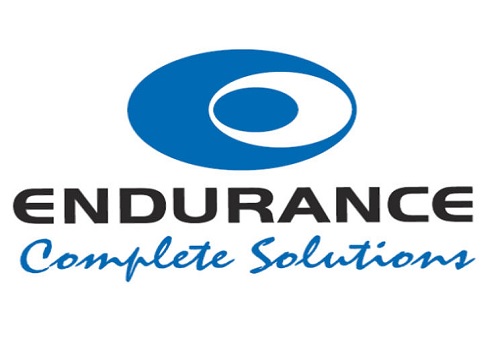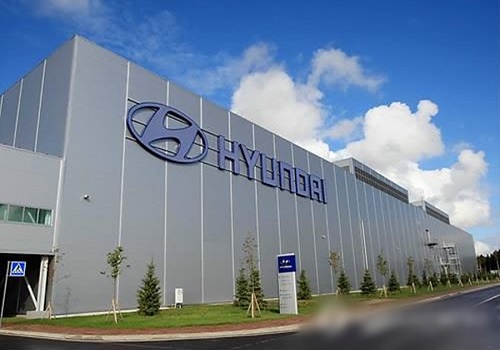Lamborghini licenses MIT`s Cobalt-free organic battery tech for EVs
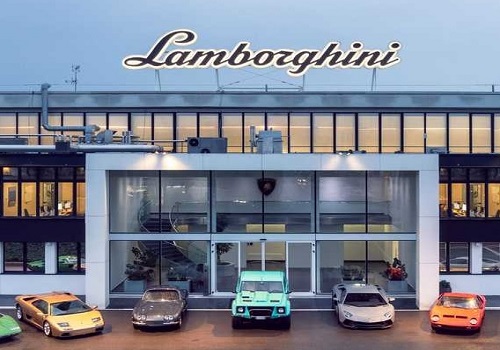
Follow us Now on Telegram ! Get daily 10 - 12 important updates on Business, Finance and Investment. Join our Telegram Channel
Researchers from Massachusetts Institute of Technology (MIT), including one of Indian-origin, have designed a new battery material that could offer a more sustainable, cobalt-free way to power electric cars.
Automaker Lamborghini has licensed the patent on the technology.
The chemists developed a battery cathode based on organic materials, which could reduce the EV industry’s reliance on scarce metals.
This material consists of many layers of TAQ, an organic small molecule that contains three fused hexagonal rings.
These layers can extend outward in every direction, forming a structure similar to graphite.
Within the molecules are chemical groups called quinones, which are the electron reservoirs, and amines, which help the material to form strong hydrogen bonds, explained the study published in the journal ACS Central Science.
The researchers showed that this material, which could be produced at much lower cost than cobalt-containing batteries, can conduct electricity at similar rates as cobalt batteries.
The new battery also has comparable storage capacity and can be charged up faster than cobalt batteries.
“This material is already competitive with incumbent technologies, and it can save a lot of the cost and pain and environmental issues related to mining the metals that currently go into batteries,” said Mircea Dinca, the W.M. Keck Professor of Energy at MIT.
Dinca is the senior author of the study while Tianyang Chen and Harish Banda, a former MIT postdoc, are the lead authors of the paper.
In most lithium-ion batteries, the cathode contains cobalt, a metal that offers high stability and energy density. However, cobalt has significant downsides.
A scarce metal, its price can fluctuate dramatically, and much of the world’s cobalt deposits are located in politically unstable countries.
Cobalt extraction creates hazardous working conditions and generates toxic waste that contaminates land, air, and water surrounding the mines.
“Cobalt batteries can store a lot of energy, and they have all of the features that people care about in terms of performance, but they have the issue of not being widely available, and the cost fluctuates broadly with commodity prices,” said Dinca.
Tests of the new material showed that its conductivity and storage capacity were comparable to that of traditional cobalt-containing batteries.
Also, batteries with a TAQ cathode can be charged and discharged faster than existing batteries, which could speed up the charging rate for electric vehicles, the authors noted.
Dinca and his team plan to continue developing alternative battery materials and is exploring possible replacement of lithium with sodium or magnesium, which are cheaper and more abundant than lithium.






